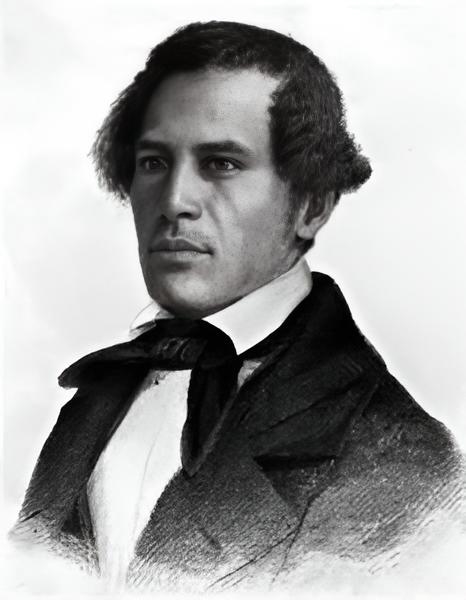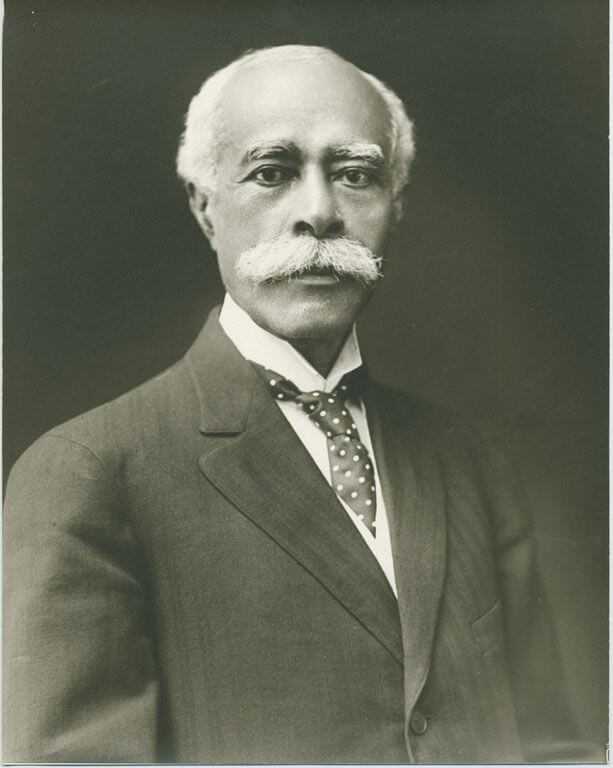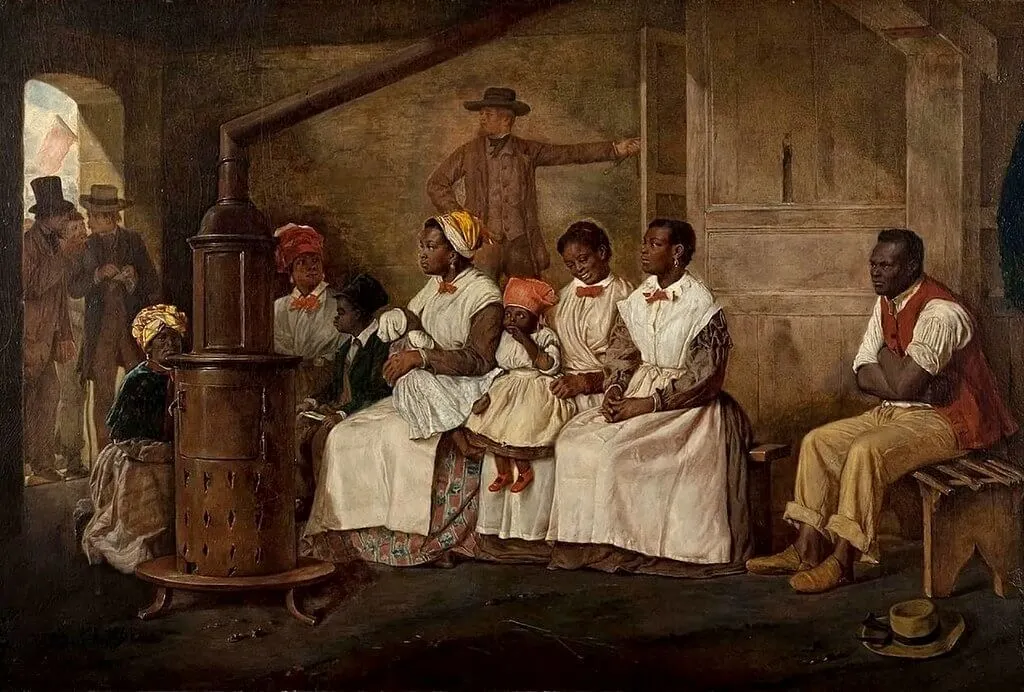Black Slave Owners in the era of U.S. slavery often remain overlooked in historical narratives. When one recalls this harrowing period, the prevalent image is of white plantation owners exploiting African American slaves. Yet, this complex tapestry of history holds more intricacies than what’s commonly known. Not many are aware of black individuals owning slaves, a fact that brings added layers of complexity to our understanding of this dark chapter. This aspect of history has largely been overshadowed, but it undeniably holds significance in the broader story of slavery.
The Phenomenon of Slavery
Slavery, as a system, was deeply entrenched in the economic, social, and political fabric of the U.S. Originating as early as the 1600s with the transatlantic slave trade, countless Africans were forcibly transported to the Americas, primarily the Southern states. These individuals were viewed as property and were subjected to unimaginable cruelties. By the 19th century, the Southern economy, particularly the production of cotton, was largely dependent on slave labor. Society constructed elaborate justifications for this brutal system, embedding racial hierarchies into the nation’s psyche.
The Emergence of Black Slave Owners
The phenomenon of black slave owners is a testament to the complex societal structures of the time. Many black individuals, having been freed or born free, aimed to assimilate into the dominant economic structures of their society. For some, this meant purchasing slaves. It was often a means to assert social status, and economic power, or to work on farms and plantations. In certain instances, free blacks bought family members to protect them, given that manumission wasn’t always straightforward or guaranteed. Regardless of their motivations, black slave owners remain a poignant reminder of the intricate relationships and power dynamics of the period.
Notable Black Slave Owners
Among the black slave owners, a few names stand out for their prominence:
William Ellison: Originally born as a slave in South Carolina, Ellison managed to buy his freedom and became a successful cotton gin maker. Over time, he accumulated wealth and owned more than 60 slaves by the time of the Civil War, making him one of the wealthiest black slave owners in the South.

Antoine Dubuclet: In Louisiana, Dubuclet owned over 100 slaves and vast sugarcane plantations. His wealth was notable, and after the Civil War, he went on to become the State Treasurer of Louisiana.

Justus Angel and Mistress L. Horry: Both of African descent, Angel and Horry were notable slaveholders in South Carolina, collectively owning more than 160 slaves.
Their stories are essential as they highlight the blurred lines of race, power, and ownership during the time of slavery. They also serve as reminders of how societal norms and economic pressures could lead individuals, irrespective of their background, to perpetuate a system they were once victims of.
The history of black slave owners adds a layer of complexity to the already multifaceted narrative of American slavery. While the majority of slaveholders were white, the presence of black slave owners cannot be ignored. Their existence speaks to the intricate dynamics of power, race, and economy during this era. It also underscores the importance of understanding history in its full spectrum, acknowledging uncomfortable truths, and continuously striving for a more nuanced appreciation of the past.
Historical Challenge: Can You Conquer the Past?
Answer more than 18 questions correctly, and you will win a copy of History Chronicles Magazine Vol 1! Take our interactive history quiz now and put your knowledge to the test!

